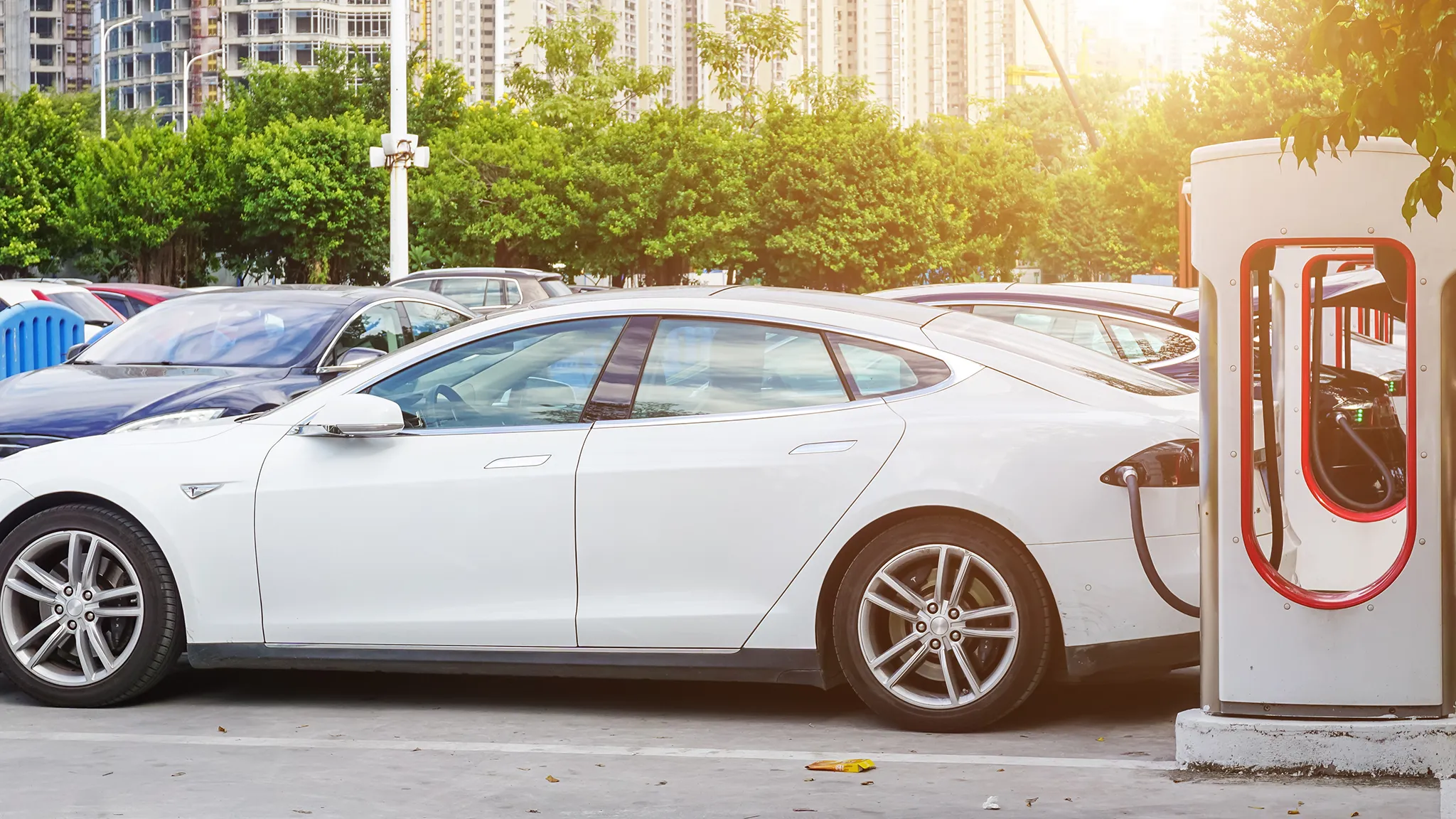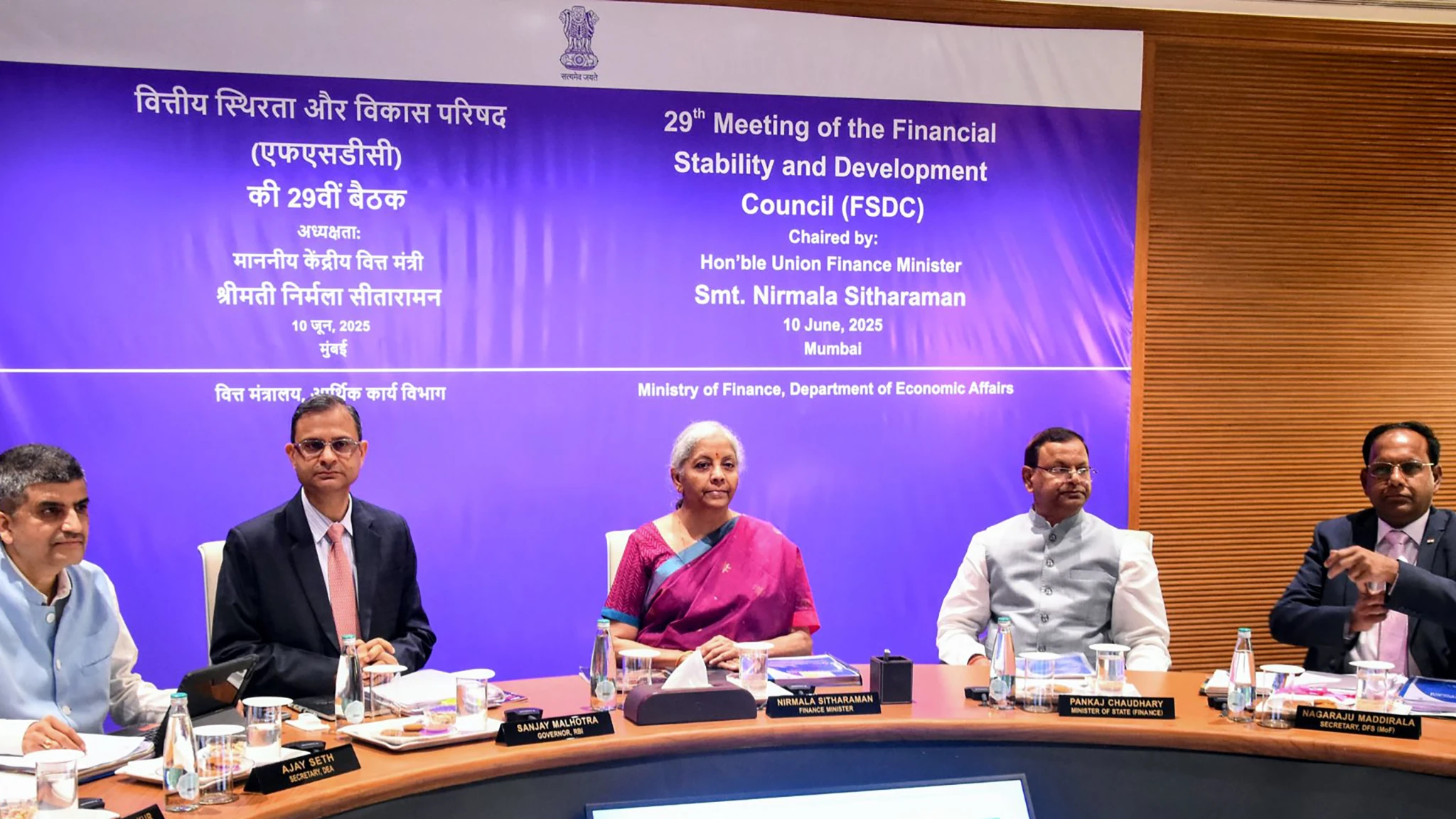Out of the blue, Elon Musk’s Tesla seems poised for a dream run on Indian roads. This development is indeed welcome news for Indian auto consumers, who already enjoy a wide array of choices with nearly every global brand present in the market. However, it appears to have disrupted the celebratory mood for existing players – both domestic and international auto companies – as reflected in the noticeable drop in auto stocks over the past month. What is the reason for this sudden shift?
Tariff Tangle Looms Large
Superficially, Tesla’s push into India appears to coincide with the recent reduction in tax rates on electric vehicles (EVs) in India. News reports suggest Tesla intends to import completely knocked down (CKD) kits from its German facility for assembly and sale in India. This strategy seems economically unviable given the current exorbitant duties exceeding 100 percent on imported cars in India.
This raises a critical question: Will India reduce import duties on cars? The pressure from the US, in the form of reciprocal tariffs impacting Indian exports, is substantial. However, any move to lower tariffs cannot be exclusive to Tesla. It risks opening the floodgates for a surge of imported vehicles into the Indian market – a scenario the Indian government has effectively prevented for decades through its duty structures. Other global auto manufacturers stand to gain as unintended beneficiaries.
Incumbents Face Intense Heat
Consequently, any reduction in car import duties would render imports and local assembly economically attractive for foreign companies eager to capitalise on the Indian consumer market. Competition in the passenger vehicle (PV) sector, already intense, is set to escalate further – this is the primary concern at present.
Indian auto firms are undoubtedly aware of these developments and the potential ramifications for their market share and sales volumes. However, such market disruptions are not unprecedented for Indian auto companies. For years, global companies have coveted the aspirational Indian consumer. Two-wheeler giants like TVS Motor, Hero MotoCorp, and Bajaj Auto have all historically engaged in technological collaborations with foreign firms such as Suzuki Motor, Honda, and Kawasaki, respectively. While some joint ventures faltered due to control disputes eventually won by Indian business groups.
Consumer Bonanza on the Horizon
Similarly, in the passenger vehicle segment, American brands like Ford, Chrysler, and General Motors have previously attempted to establish a presence in India, albeit with limited success. Indian counterparts, such as Mahindra and Mahindra and Tata Motors, have navigated challenging periods and successfully cultivated and maintained a hold on the Indian consumer. Global players like Hyundai India and Maruti Suzuki India have, over time, leveraged the cost advantages of manufacturing in India and expanded into export markets.
However, this success has been built upon a foundation of protectionism and high import duties on vehicles. Will this narrative change if the Modi-government is compelled to concede to US demands? Can Indian auto manufacturers adapt their strategies to compete in an evolving landscape where rapid adoption of new technologies like EVs, hybrid vehicles, and artificial intelligence is paramount?
Indian companies will certainly need to ramp up investments in research and development and demonstrate agility in adapting to changing times. After all, auto companies from developed nations possess substantial financial resources to sustain prolonged competition. Meanwhile, the Indian consumer is always eager to embrace the best available options at any given moment.
What does this mean for the Indian auto sector? Expect a period of intense activity as companies recalibrate strategies, potentially leading to more innovation and better choices for consumers, but also increased pressure on profitability for domestic players.










Leave a Reply